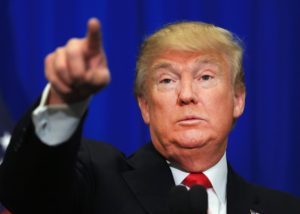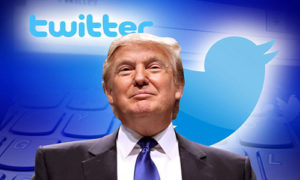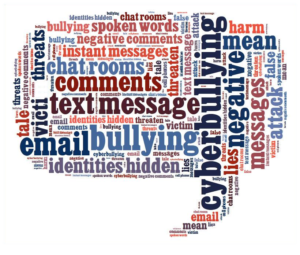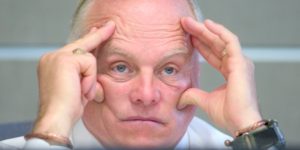Some of my social media friends and contacts are asking me a good question. It goes something like this:
“When are you going to quit bashing the new president and move on?”
My answer? Not anytime soon.
I’ll parse the question in two parts.
First, I don’t consider my criticism of the president-elect as a “bashing.” It’s been harsh at times. I’ve made no apologies for feeling deeply disappointed about the election outcome. I didn’t want Donald J. Trump elected. My preference was for Hillary Rodham Clinton.
I’ve gone on and on in this forum about how unqualified and unfit Trump is for the office he is about to assume.
Enough said there.
Time to move on? Time to get on board? Not yet. Maybe not ever. It’s too early yet for me to make that call.
Trump’s lack of government experience has presented itself frequently as he has begun the transition from private business mogul to the most powerful man on Earth.
His Cabinet selections have been a mixed bag. That’s the best thing I can say for him. He’s a faux populist who’s filling his Cabinet with mega-rich folks. I get that he’s more comfortable with those who run in the same circles as he does. He’s also recommending individuals for some posts who quite possibly will seek to roll back many of the progressive reforms enacted during the past eight years.
Trump spoke by phone to the president of Taiwan and in the process tossed aside decades of diplomatic protocol by conversing with someone who governs a country with which we have zero diplomatic relations.
Will all of this — and more — produce an effective presidency? I hope it does. I also hope the president succeeds in doing whatever it is he wants to do. Then again, I am not yet sure what on God’s Earth he actually intends to do. Trump isn’t driven by any ideology I can identify, other than seeking to call attention to himself.
I’ll keep on being critical of Trump. I won’t call him names. I won’t hang labels on him the way, um, he has done to others.
If he does something good, I’ll say so.
Until then, I do, though, reserve the right — as a red-blooded American citizen, Army veteran and someone who pays his taxes every year — to criticize the man who’s about to become president of the United States of America.
The U.S. Constitution gives us all that right. I intend to exercise it with vigor.







